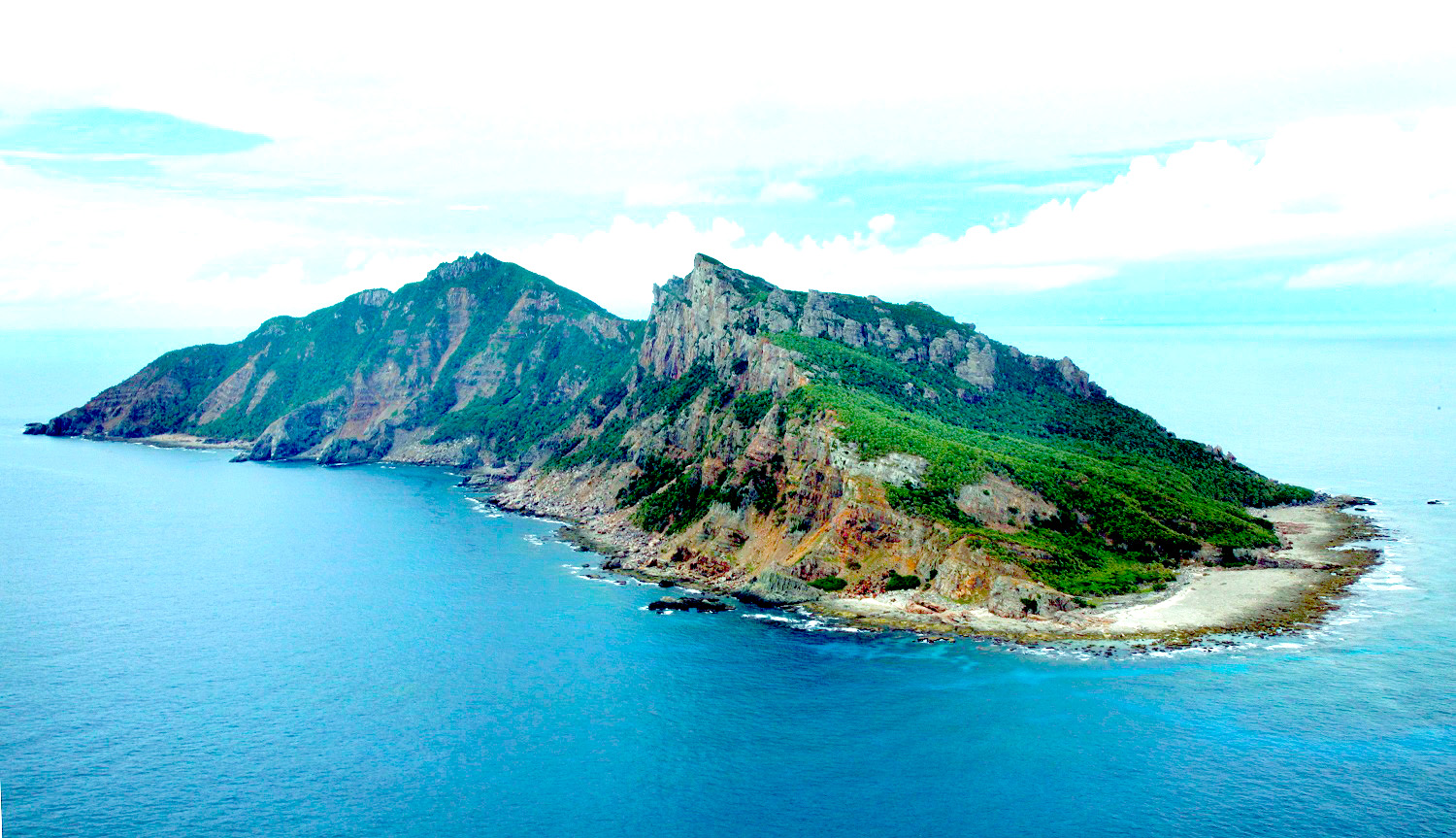There have been several “anti-Japanese incidents” involving Chinese individuals within Japan. These include a recent case where a male Chinese part-time worker made controversial statements during an NHK international radio broadcast, claiming “the Senkaku Islands belong to China” and “Never forget the Nanjing Massacre.” In addition, incidents such as vandalism and urination at Yasukuni Shrine by Chinese nationals have sparked outrage.
Writer Katsunori Nishiya, who is familiar with Chinese affairs, highlights other incidents at Yasukuni Shrine, including a 2019 arrest of a Chinese man who splattered ink on a hanging banner in protest of the shrine. He argued that his actions were a form of “expressive behavior” protected by the Japanese constitution. Furthermore, there were incidents of Chinese individuals displaying protest banners and setting fires at the shrine.
The release of treated water from the Fukushima Daiichi nuclear power plant also triggered a backlash from China. One ramen shop in Fukushima received around 1,000 harassing phone calls, many of them from numbers with China’s country code, following the water release. Similarly, hotels reported receiving frequent silent calls from Chinese numbers.
In Nara, a viral video of what appeared to be Chinese tourists kicking a deer at Nara Park stirred controversy online. Comments such as “It’s okay to kick Japanese deer” were made, further fueling anti-Japanese sentiments. Local police have increased patrols, as such incidents have raised concerns about the behavior of some Chinese tourists, including feeding the deer harmful items.
These events reflect ongoing tensions and highlight a troubling pattern of anti-Japanese actions by some individuals from China.
